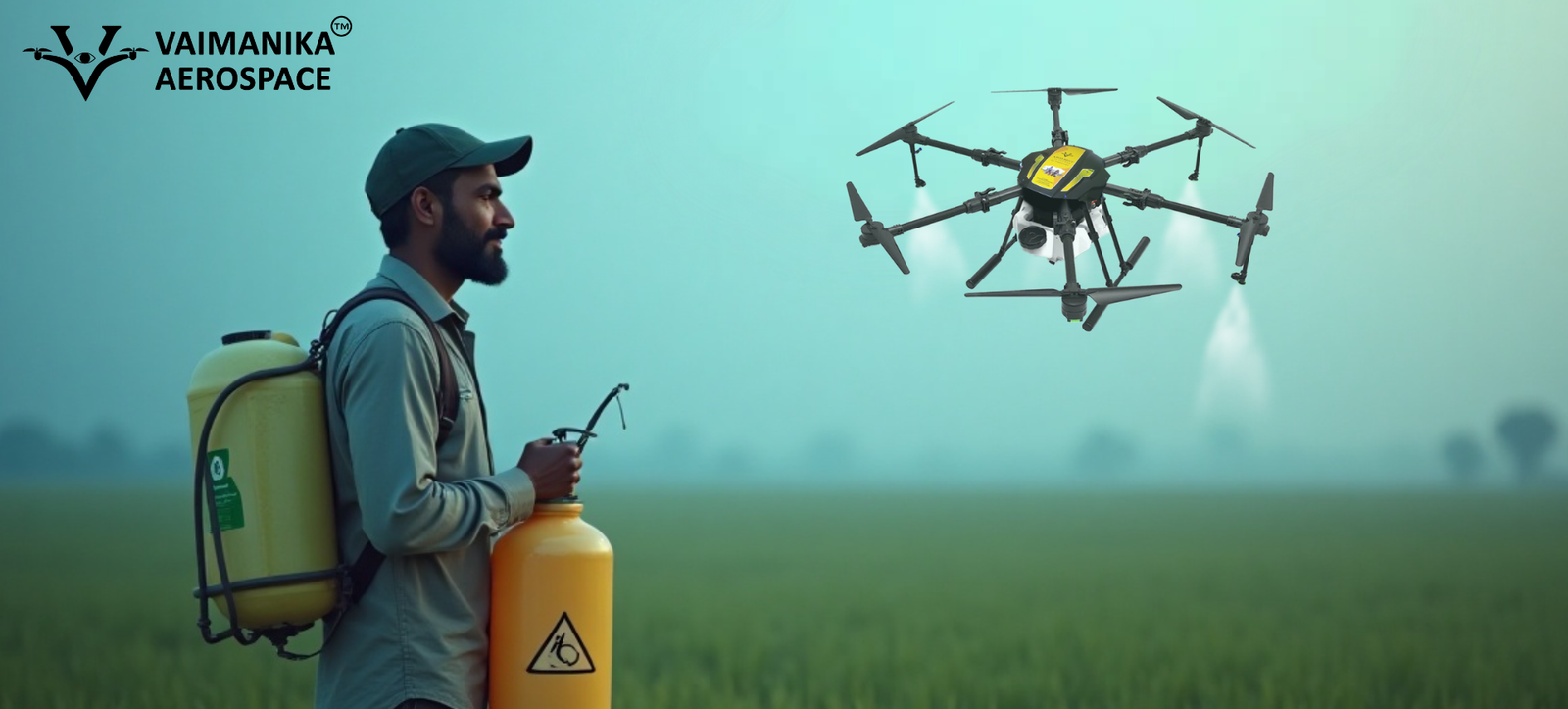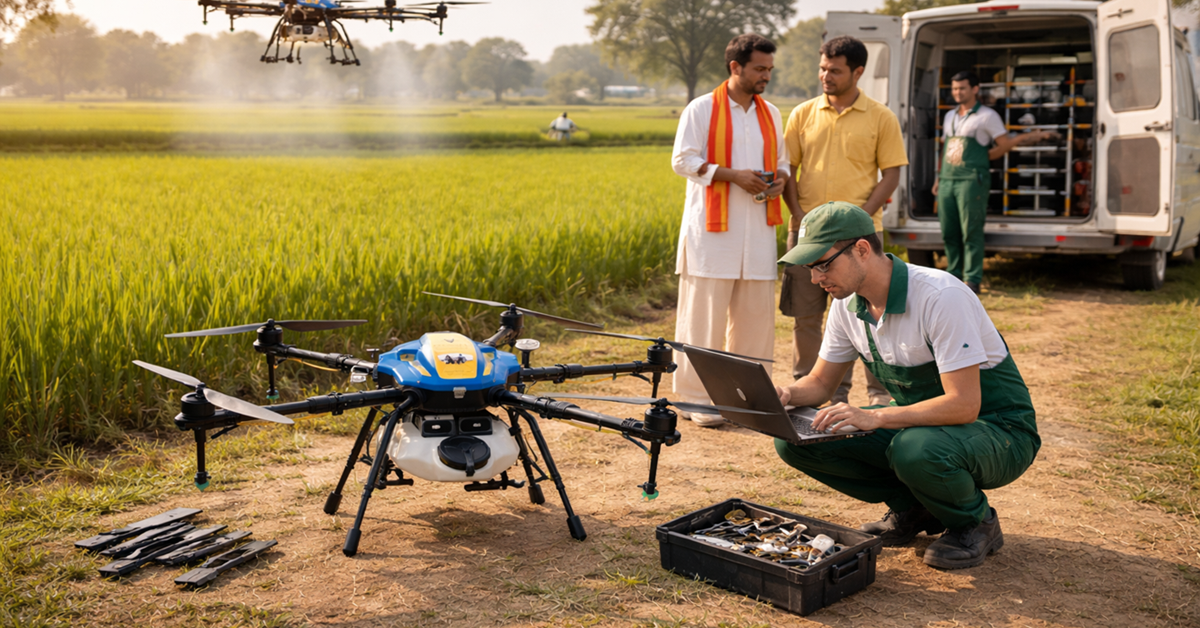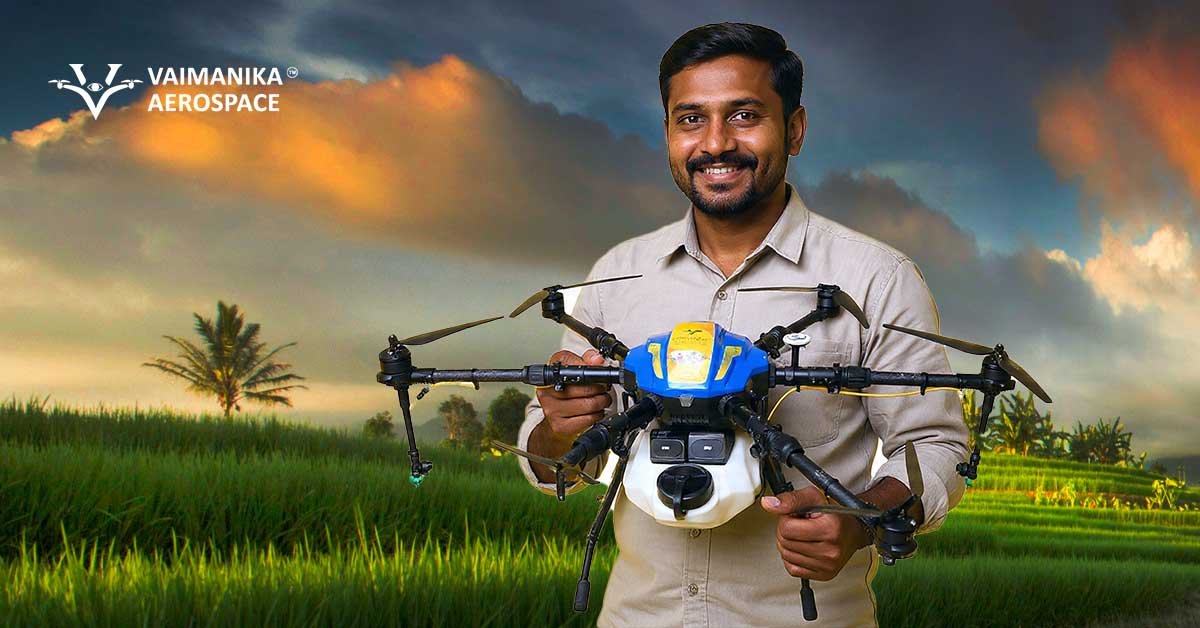India’s agriculture sector is undergoing a significant transformation, not only through technological advancements but also due to increased regulatory focus on health and environmental safety. Among the key issues that farmers need to be aware of is the use of banned pesticides—chemicals once widely used in Indian agriculture that are now prohibited due to their harmful effects. As traditional practices evolve, agricultural drones are emerging as a safe and efficient alternative to conventional pesticide spraying methods.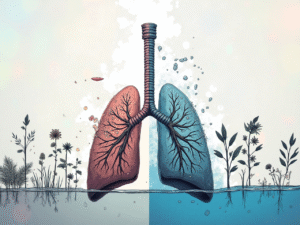
Understanding Banned Pesticides in India
Over the years, the Government of India has taken strong measures to prohibit the use of certain pesticides and chemicals that pose serious risks to human health, animals, and the environment. Pesticides such as Carbofuron, Monocrotophos, and Phorate are examples of substances that were once common on Indian farms but are now banned or restricted.
The reasons behind these bans include:
- Scientific studies linking these chemicals to cancer, nerve damage, and reproductive issues
- Environmental damage such as contamination of water sources and soil degradation
- Alignment with international safety standards to protect both domestic and export-oriented agriculture
Continued use of banned pesticides is not only unsafe but also illegal. Farmers using such substances risk crop rejection, legal penalties, and long-term damage to their land.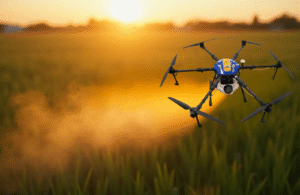
How Can Farmers Stay Updated?
To avoid unintentional misuse, it is essential for farmers to refer to updated lists of banned, restricted, or refused pesticides. These are available on government platforms such as the Directorate of Plant Protection, Quarantine & Storage (PPQS) and the Ministry of Agriculture’s official website (agricoop.gov.in). Additionally, farmers should always verify labels and ensure that any pesticide they purchase is registered and approved for use.
Role of Drones in Reducing Chemical Hazards
As regulatory pressures increase and the focus shifts toward sustainability, drone technology is proving to be a valuable tool for farmers. Drones not only reduce dependency on harmful chemicals but also make pesticide application safer, more precise, and more efficient.
Precision Spraying
Agricultural drones are equipped with GPS and AI-based systems that allow them to spray pesticides only where needed. This minimizes chemical usage and reduces the risk of over-application, which is both wasteful and potentially dangerous.
Uniform Application
Drones ensure even and consistent coverage across fields, which is hard to achieve with manual spraying. This uniformity leads to better crop protection and improved yields.
Enhanced Farmer Safety
With drones, farmers no longer need to walk through fields while spraying, avoiding direct contact with chemicals. This reduces health risks significantly, especially in the case of hazardous substances.
Time and Cost Efficiency
Spraying with drones takes a fraction of the time compared to manual methods. For large-scale farming, this means reduced labour costs and faster operations during critical crop growth periods.
Better Compliance and Record-Keeping
Modern drones can be integrated with digital platforms that help track usage patterns, ensuring compliance with regulations and enabling data-based decision-making.
Supporting Sustainable Farming Practices
By reducing chemical waste, minimizing runoff, and ensuring safer working conditions for farmers, drone spraying supports long-term agricultural sustainability. Many companies are now using drones for the application of organic pesticides and bio-fertilizers, reducing environmental impact while maintaining crop productivity.
Vaimanika’s Contribution to Safe and Smart Farming
At Vaimanika Aerospace, we are committed to promoting safe and intelligent farming solutions. Our agricultural drones are designed to deliver precision, efficiency, and legal compliance, helping farmers embrace the future of agriculture with confidence.
Whether you manage a small farm or a large Agri-enterprise, Vaimanika offers scalable drone solutions tailored to your specific needs.
Conclusion
As India moves toward safer and more sustainable agricultural practices, it is crucial for farmers to stay informed about banned pesticides and adopt new-age tools like drones to ensure both productivity and compliance. By combining awareness with innovation, Indian farmers can protect their crops, their health, and their income—all while contributing to a greener future.
For more information, refer to the official government websites linked in the description or contact your nearest agricultural extension centre.
